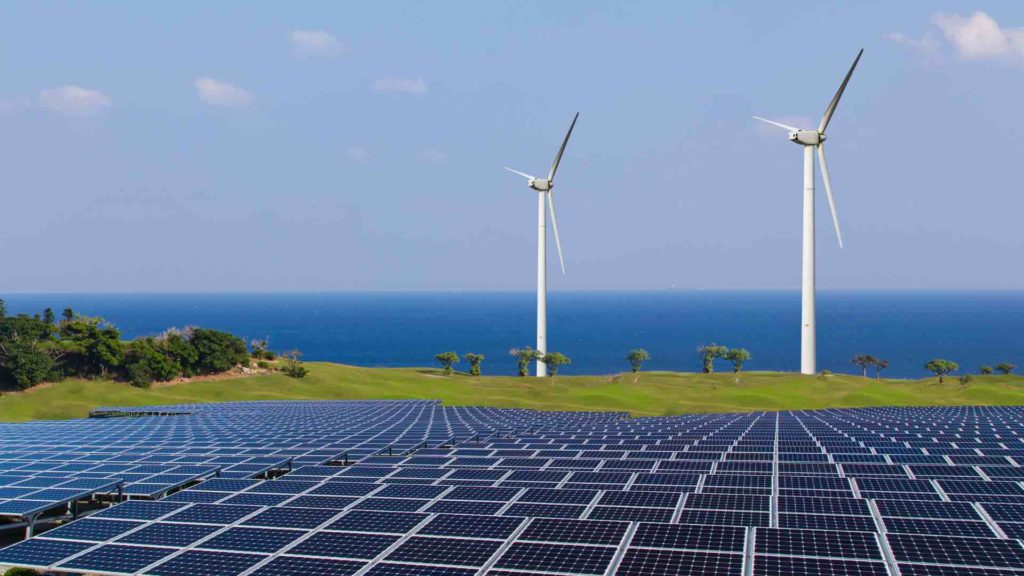The new Regional Emergency Solar Power Intervention Project (RESPITE), approved for a total of $311 million in International Development Association (IDA) finance, will help current and potential energy customers in Chad, Liberia, Sierra Leone, and Togo.
To facilitate future regional power trading and build the institutional and technical capabilities of the West Africa Power Pool (WAPP) to carry out its regional mandate, the new project includes a $20 million grant.
The RESPITE program’s primary goals are to boost regional integration in the participating nations and quickly increase the capacity of renewable energy sources that are connected to the grid.
Approximately 106 megawatts of solar photovoltaic systems with battery energy and storage systems will be installed and put into operation, along with a 41-megawatt increase in hydroelectric capacity.
It will also support interventions for electricity distribution and transmission across the four countries.
In Sub-Saharan Africa, West Africa has one of the lowest rates of electrification and some of the most expensive electricity rates.
Additionally, rising energy costs have raised the liabilities of electricity utilities, and nations are now facing a severe power supply problem that could derail their economic expansion.
“The new project’s solutions are multifaceted and have significant advantages for the nations and the area. Initiating the development of competitively tendered grid-connected clean energy will ease the current power supply crisis, positively address climate change by assisting countries to move away from expensive and polluting fuels, and help to synchronize the WAPP network will increase regional integration in the energy sector, among other things, said Rhonda Jordan-Antoine, World Bank Task Team Leader.
The project has created a regional strategy to increase the potential of power commerce in West Africa, in addition to enhancing the dependability of electricity supply in each of the beneficiary countries. According to Ms. Boutheina Guermazi, Regional Integration Director for Sub-Saharan Africa, the Middle East, and Northern Africa at the World Bank, “RESPITE provides benefits that spill over country boundaries and complements existing regional integration efforts in the energy sector involving all member states of the Economic Community of West African States (ECOWAS)”. By investing in transmission and generating infrastructure to physically link the markets, it “provides economies of scale, boosts the potential for regional trade, and fosters regional public good by facilitating knowledge sharing and capacity building.”
The new initiative is a component of the World Bank Group’s reaction to the energy crisis in West Africa, which aims to hasten the deployment of more renewable energy sources in the area on an urgent basis.
In addition to demonstrating the viability of competitively tendered grid-connected solar and battery storage in participating nations, the project will encourage top worldwide commercial companies to penetrate smaller and more fragile economies.
Read more on Tech Gist Africa:
Germany has pledged €100 million to SEFA in order to promote private investment in renewable energy
The United States has completed a $316 million investment in Ghana’s Energy Infrastructure
